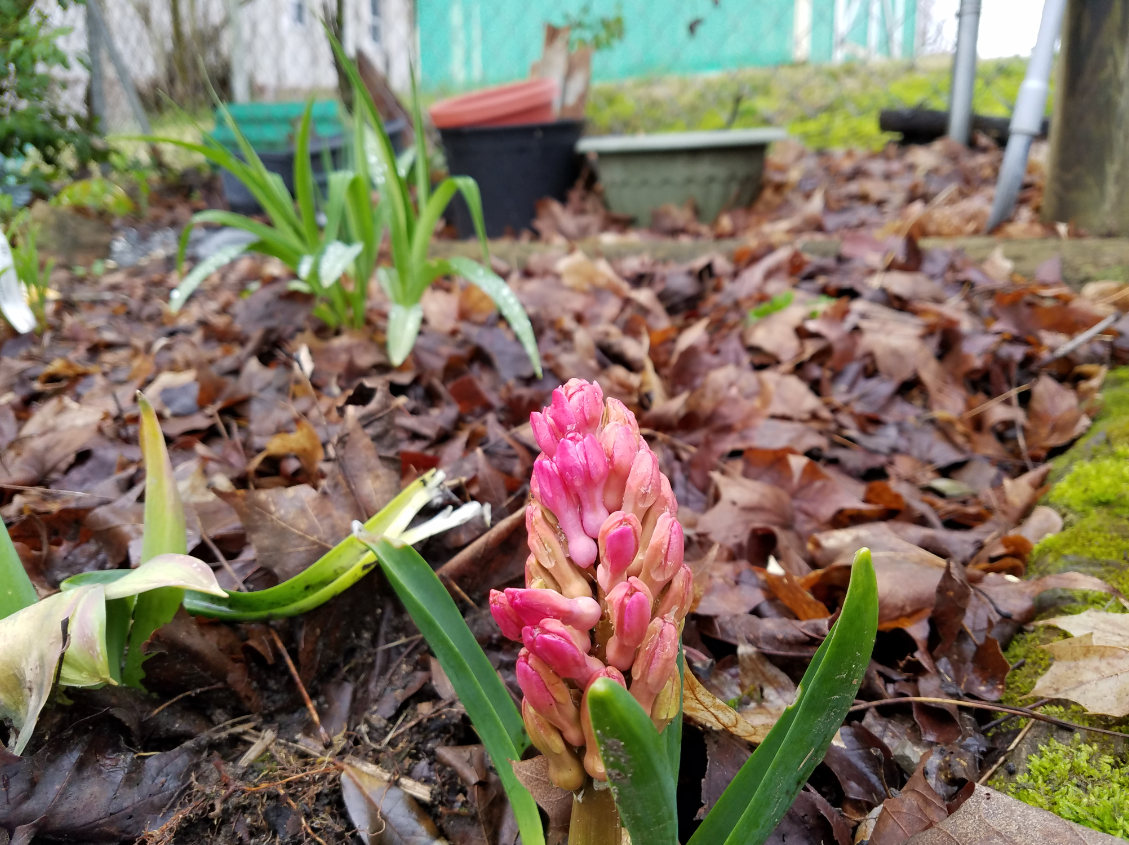My favorite people at my mom’s funeral were the ones who came over, hugged me, and moved on. A look in the eyes so desperate and mute—and, often, ripe with tears—that it communicated what words would not have been able to, and should not be made to try. If we try to speak we’ll both start crying, so… let’s not. And then a hug. And then done.
This is why so many condolence emails and cards and phone messages begin with some variation on “I don’t know what to say other than” or “there’s nothing to say about this except.” Why people stammer and say things like “I can’t imagine how you’re feeling, but.” Because nothing that follows those disclaimers ever disproves that original expression of can’t. Nothing can change the condolence genre’s fundamental futility, the fact that there’s nothing to say to make the situation better. That’s what the situation is, un-betterable. It’s why anything you will say will be wrong. And you know that going in.
This is not to say you shouldn’t say it, whatever it is. Why not? If everything is wrong, nothing is right, so nothing is lost by saying it. What even matters? Nothing. And that’s the point: at a funeral, nothing matters. Nothing can be done right.
They say that funerals are for the family, for the friends, for the community. But the idea that a funeral is for the mourners and bereaved… that phrasing implies that a funeral does something for the people who are left behind. That it helps them. That it does work. That it heals, consoles, and comforts.
I don’t know. Does it? It felt like a marathon to me. It felt like being punched in the head for an hour, and then running a marathon. It felt like being punched in the head for an hour—while suffering tremendous social anxiety at interacting with well-meaning loved ones I haven’t seen in years—and then having to run a marathon while being punched in the head. I wanted to run. I wanted to hide. My head hurt.
Everyone wants to help, of course. Is there anything I can do? Let me know if there’s anything I can do! I’d love to help if there’s anything I can do! And people would like the funeral to help. But there’s nothing anyone can do; my mom is dead. That’s why we’re having the funeral. The idea that crying helps, or that talking helps, or that mourning and grieving are best understood as a process of helping quickly runs aground against the basic fact—a fact that funerals actually really hammer home—that absolutely nothing helps. We’re past that. That’s over now.
That’s what funerals are really for, I decided; funerals are not about telling stories about your loved one, or praying, or crying, or meeting with old friends and family. You can do all of those things—and why not? They’re good things to do! Just don’t expect it to help. Do those things, in fact, just to demonstrate that they don’t help. Because grieving doesn’t help you with loss. Grieving is coming to terms with the fact that nothing helps, and there is nothing to be done, and that the loss is permanent.
The only trick is to know that, and keep moving.
So my favorite people at my mom’s funeral were the ones who could help me past that threshold. The ones who knew. Who looked me in the eyes, mutely, with all the howling pain of loss that will not be comforted. Who knew that we’re this close to crying—that we have cried, and will cry again—but that just now, we’re going to be silent. We’re going to hug. And we’re going to keep moving.
Aaron Bady





